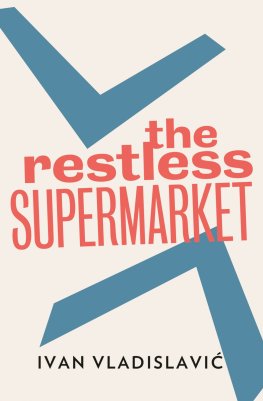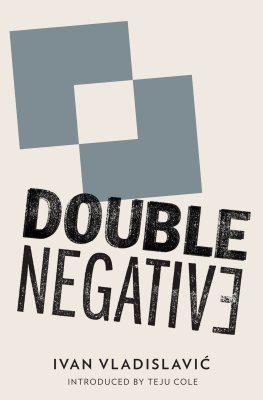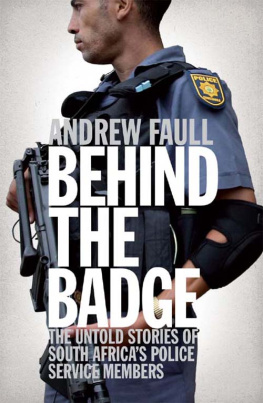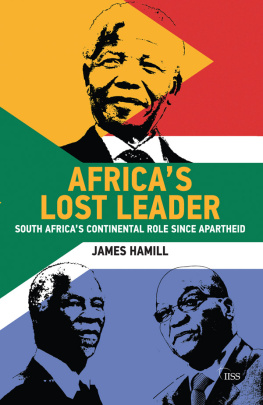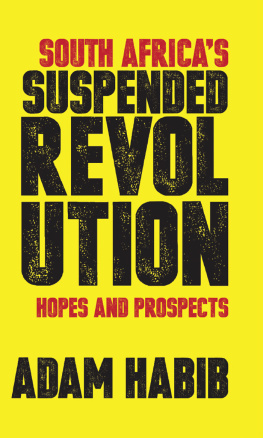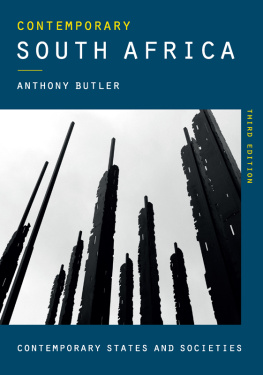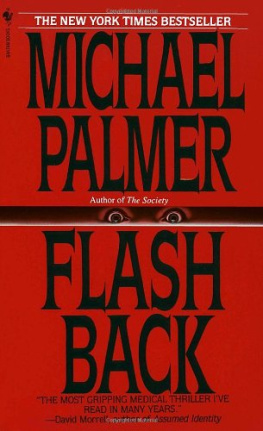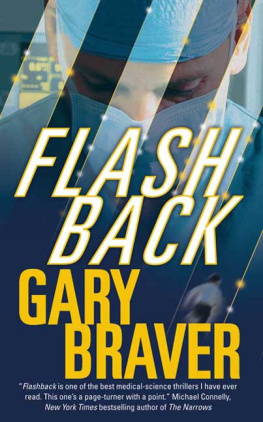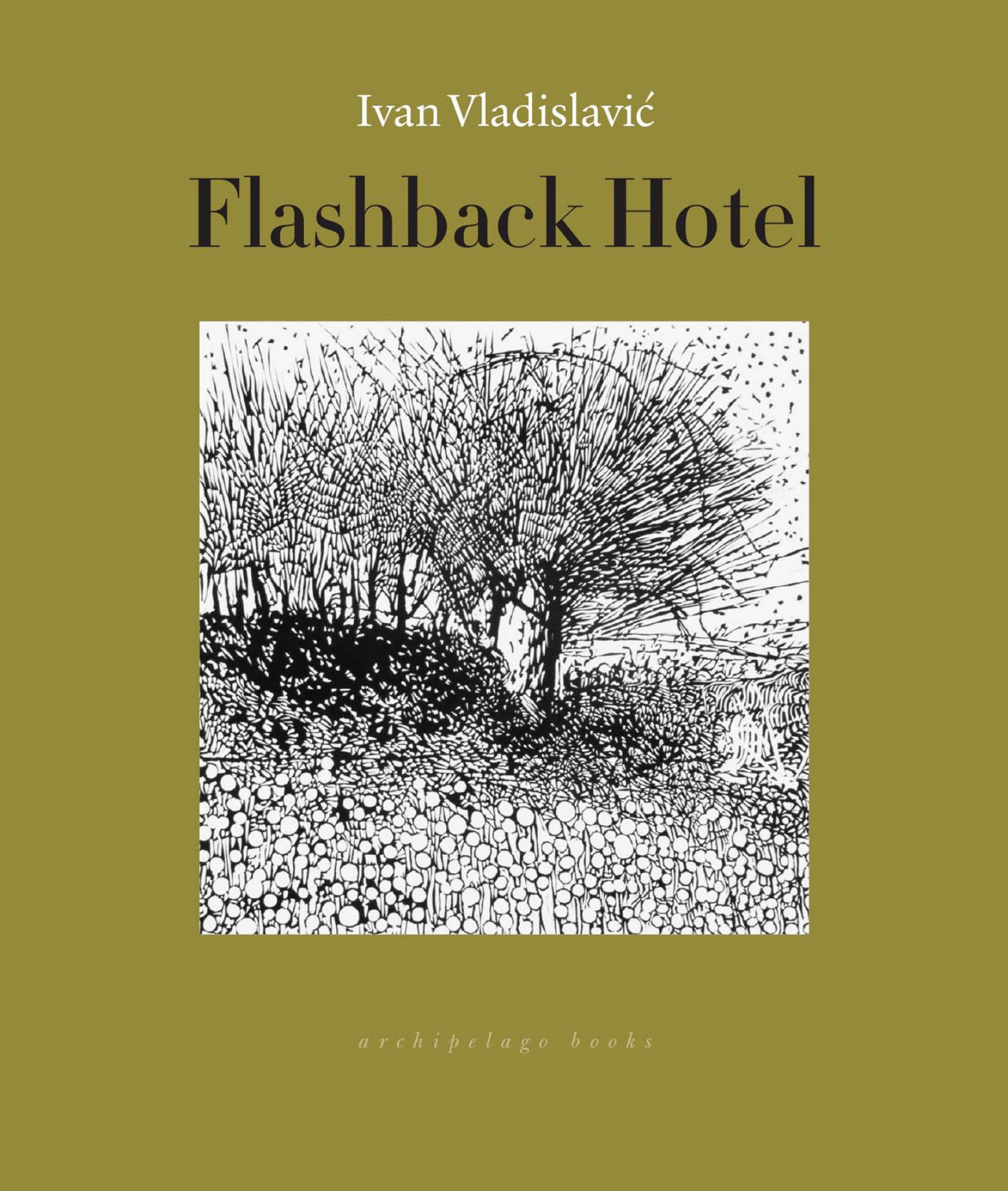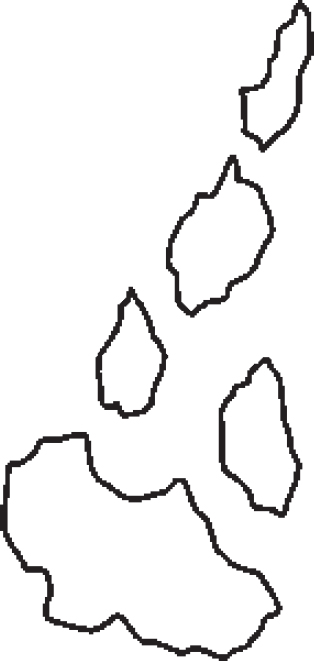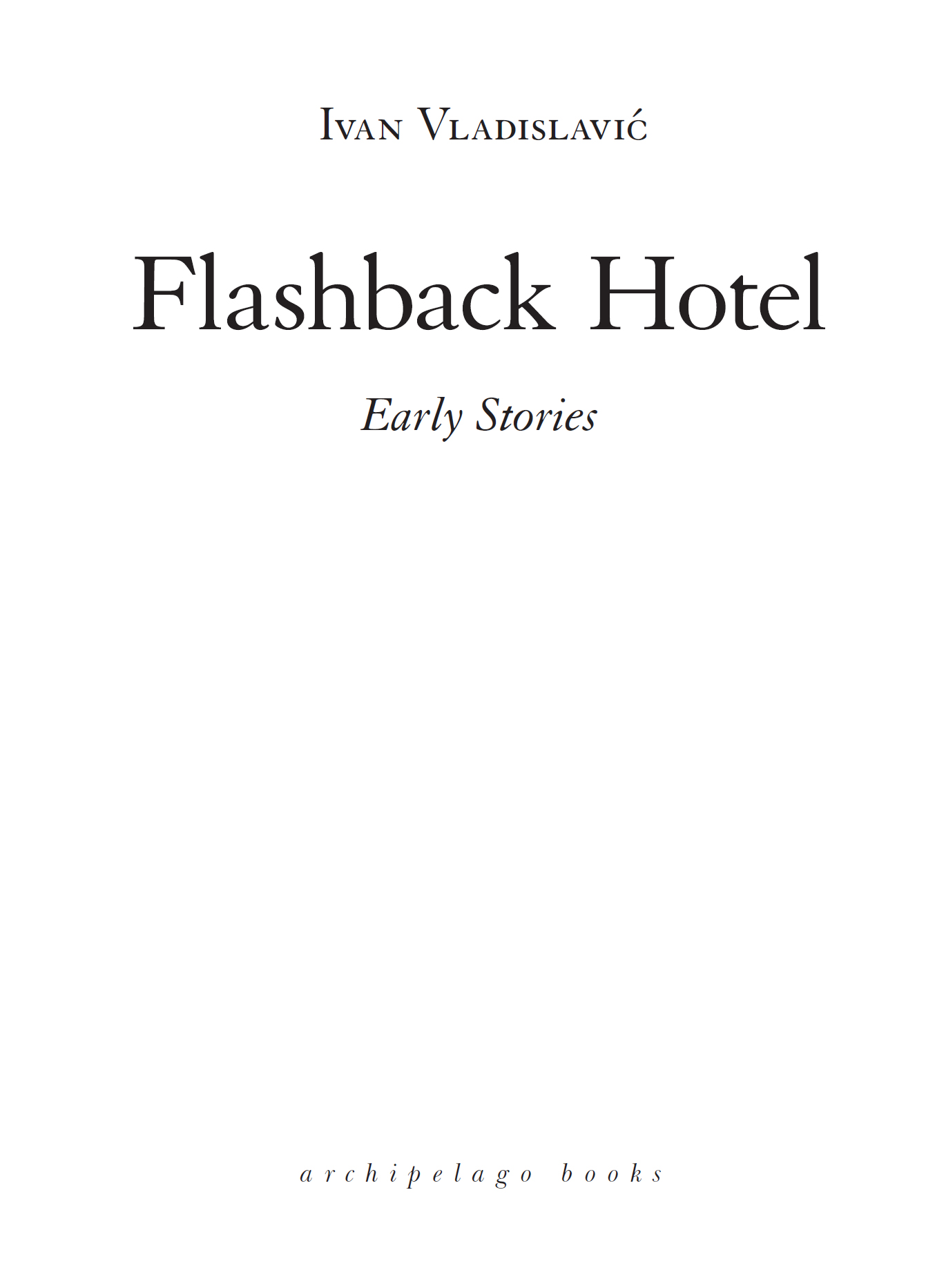All rights reserved. No part of this book may be reproduced or transmitted in any form without the prior written permission of the publisher.
Names: Vladislavi, Ivan, 1957- author.
Title: Flashback Hotel / by Ivan Vladislavi.
Description: First Archipelago Books edition. | Brooklyn, NY : Archipelago Books, 2019.
Identifiers: LCCN 2018058740| ISBN 9781939810113 (paperback) | ISBN 9781939810120 (ebook)
Subjects: LCSH: South AfricaFiction. | Short stories, South African (English)21st century.
This publication was made possible with support from Lannan Foundation, the Carl Lesnor Foundation, the New York State Council on the Arts, a state agency, and the New York City Department of Cultural Affairs.
The Prime Minister is Dead
The Day They Killed the Prime Minister
They killed the Prime Minister during the winter.
I was ten years old. That year my parents and I moved to a house in a new suburb. Granny moved with us. Grandfather said he was too old to move, so he stayed behind in the old house. He gave us a post box and two plastic numbers for the gate, and wished us everything of the best in our new home.
It was an ordinary place. Three bedrooms, a lounge, a dining-room. No gnomes. No crazy paving. A reasonable path of solid cement from the front gate to the verandah steps. Laying the path was the first major task my father and I undertook.
When we moved in, the house still smelt of raw wood, fresh paint, putty. There was much to be done: the floors would have to be sealed, the fingerprints cleaned off the windowpanes, splatters of paint scraped off the tiles in the bathroom and the kitchen.
The garden was veld. The builders had simply fenced off a rectangle and cleared a patch big enough to put the house down on. The way to get the grass out is to attack the roots. You cant skoffel with a spade it grows back. You have to work a fork in around each tuft, loosen the earth, stick a hose-pipe in among the roots, turn it on full-blast, blow the soil away. Then you pull on the grass until it comes out, roots and all, like a plug. Knock out the remaining soil against the ground, pile all the grass in the wheelbarrow, push it around to the compost heap at the back.
Thats what my father and I were doing on the day they killed the Prime Minister. I was loosening the soil and my father was pulling the grass out. He was wearing his old army uniform, as he always did when we waged war against the garden. Granny was in her rocker on the front verandah, crocheting one of an endless pile of woollen squares which would eventually be herded together into a lopsided blanket. She was listening to the radio, silently, through a small earphone.
I was pushing a wheelbarrow full of grass around to the back. As I passed Granny, the rocker lost momentum, stopped. A brightly coloured square dropped to the floor. She hefted her large body out of the chair and stood swaying solemnly, still joined to the radio by the coil of flex. Then she bellowed: The Prime Minister is dead! Some madman chopped him up with a panga!
I carried that thought with me, like a peach pip in my cheek, as I pushed the wheelbarrow round to the back and tipped the grass into the hole my father and I had dug the weekend before.
I see now that the death of a Prime Minister has many consequences.
When my grandfather died he left us a suitcase. There was something in it for each of us. My father got a suit that was too big for him, and a pair of pruning-shears. My mother got some newspaper clippings and some photographs, old and cracked like leather. I got a pair of lucky nail-clippers given to my grandfather by an Italian prisoner of war.
When the Prime Minister died he left us a compost heap, on which practically anything would grow. Mealies grew there once, all by themselves. Granny speculated that Lazarus, who sometimes worked in the garden, must have thrown away the sweetcorn that shed given him for lunch.
Once the Prime Minister was dead they started renaming streets after him, and stations, and schools, even pleasure resorts. Then they renamed our suburb after him. They wanted us to live in a monument. It was a new suburb, and no one minded.
When I came back around to the front with the empty wheelbarrow my father was standing to attention and my mother was holding a glass of sugar water to Grannys lips. She had unplugged Granny from the radio and turned it up so that we could all hear.
Granny finished a blanket that evening, during the seven oclock news.
The Day We Buried the Prime Minister
We buried the Prime Minister in the spring.
My father and I were planting the orchard on that day. There were thirty trees in all. Three rows, ten trees in each. A platoon of trees, my father called them. The holes we dug were deep and perfectly round. We marked them out with a compass made of two nails joined by a piece of sisal string eighteen inches long.
My father loosened the earth with a pick and I shovelled it out of the hole. The ground was very hard and we had to soak it with water from the hose-pipe. Soon my hands and feet were covered with mud. As the hole got deeper the colour of the earth would change.
My father said he had desert sand in the turn-ups of his khaki pants, left over from the war. Come, he would say to me, hold your dixie here. Then I would cup my hands next to his hairy calves, and hed peel back the turn-ups so that a trickle of sand flowed into my hands. Dyed with the blood of patriots, he said, if the sand was red, and Bleached white as bone by the desert sun, if it was white.
Granny was sitting in her rocker, under a beach umbrella, with the radio on her knees. At three oclock they were going to cross live to the funeral. We would have a running commentary of the whole procession from the church, through the streets of the city, to Heroes Acre at the cemetery.
Numero Uno! Granny shouted. Rotting in the soil. A piece of meat. Shame. He leaves a wife and six children.
He leaves more than that, my father said. And then to me: Get in the hole, Private.
The holes for the fruit trees had to be four feet deep. I was the measuring-stick: when I stood in the hole the ground had to be level with the top of my head. We put rocks in the bottom of the hole for drainage, then compost, then a layer of sand sieved through an old mesh gate. Then smaller stones. More compost and more sand. Each layer of sand had to be thoroughly watered. When the hole was almost full we chose one of the saplings that stood ready in the shade next to the house. We left the name tag on each tree so that we would know which was which until it bore fruit.

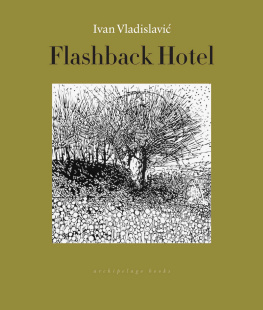
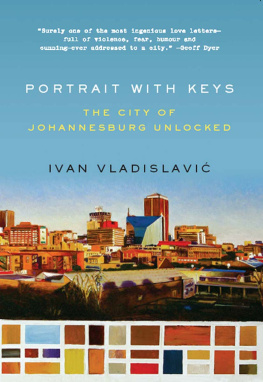

![Bill Pronzini - Sleuths [short story collection]](/uploads/posts/book/922610/thumbs/bill-pronzini-sleuths-short-story-collection.jpg)
